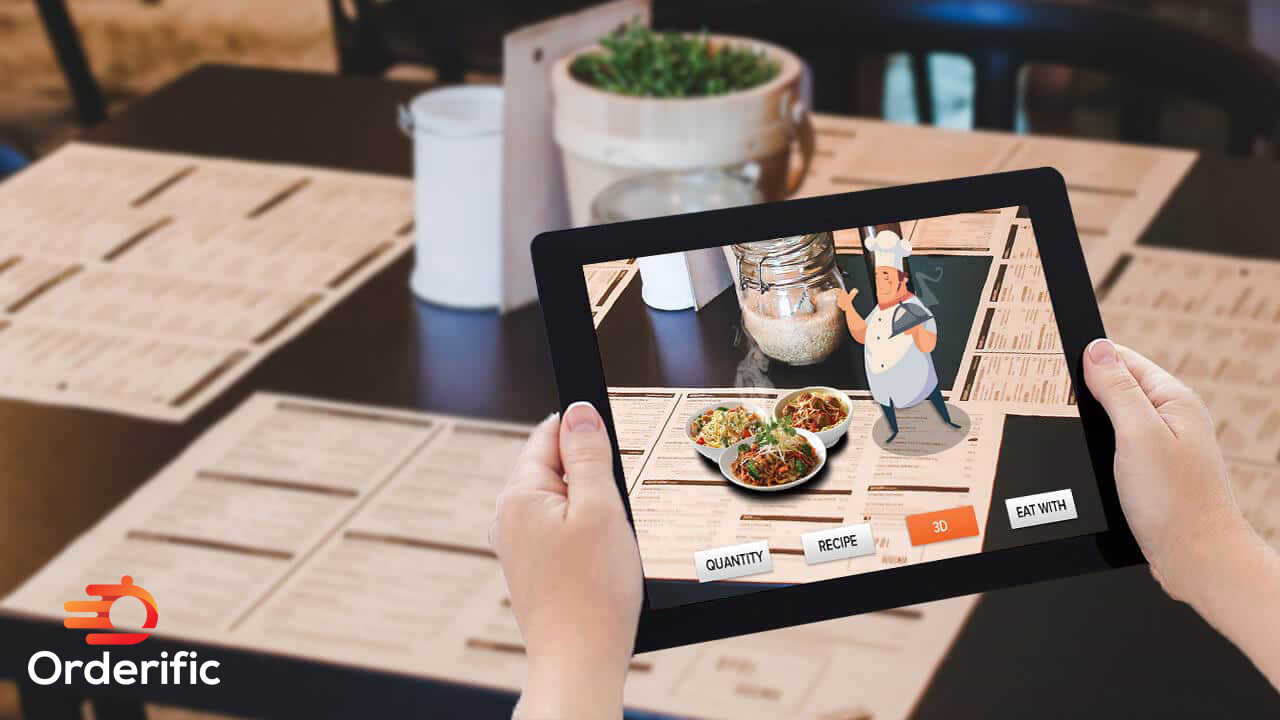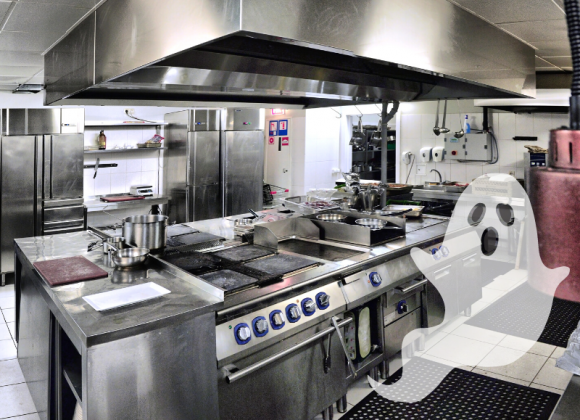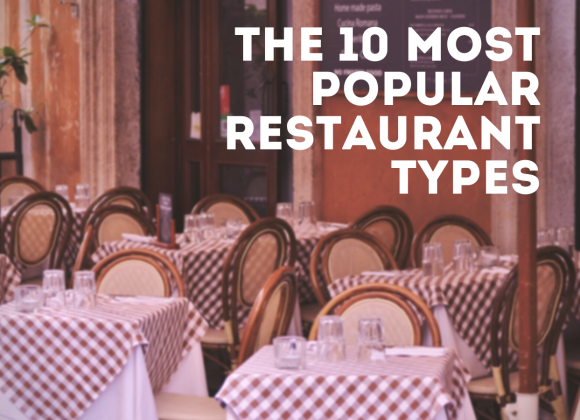Enthusiastic about cooking and fantasizing about imparting your culinary delights to the world? Beginning a food truck business may be ideal for displaying your best creations to hungry patrons. With the proper preparation and execution, a food truck can be a rewarding endeavor. In this blog, we will look at the benefits and problems of opening a food truck business and give a complete guide to assist you with getting everything rolling.
Advantages and Disadvantages of Starting a Food Truck Business
Advantages of Starting a Food Truck Business
- Mobility: One of the significant advantages of a food truck business is that it is a mobile food business. Unlike a traditional food establishment, food trucks allow you to bring your culinary delights directly to your target customers. You can explore different locations and events to find the best opportunities for your business.
- Lower Startup Costs: Starting a brick-and-mortar restaurant can be expensive, but food truck businesses typically requires a lower initial investment. You can save on rent, utilities, and other overhead costs associated with a physical establishment.
- Flexibility: Operating a food truck offers flexibility regarding working hours. You can choose to work at lunchtime, dinner hours, or even late-night events. This flexibility allows you to cater to different customer preferences and maximize your earning potential.
Disadvantages of Starting a Food Truck Business
- Limited Space: The compact nature of a food truck can be both a blessing and a curse. While it allows mobility, it also means limited cooking, storage, and prep workspace. You must carefully plan your menu and optimize your operations to maximize the available space. In addition to that you need a permit wherever you go.
- Weather Dependency: Weather conditions can significantly impact your food truck business. Harsh weather, such as rain or extreme heat, can discourage customers from visiting your truck. It is essential to have a contingency plan or alternate locations during adverse weather conditions.
The 9 Steps To Start A Food Truck Business
Step 1: Research Your Food Truck Market
Before diving into the food truck business, conduct thorough market research. Identify your target audience, understand their preferences, and analyze the competition. Visit other food trucks, attend food festivals, and engage with potential customers to gather valuable insights.
Step 2: Choose a Food Truck Concept
Define your food truck concept and menu. Think about your culinary aptitude, interest in particular cooking styles in your location, and the uniqueness of your menu item. Make a menu that stands apart and caters to your potential patrons.
Step 3: Create a Food Truck Business Plan
Create an exhaustive field-tested strategy that frames your objectives, target market, monetary projections, promoting systems, and operational details. This plan will act as your guide and assist you with getting funds, if necessary.
Step 4: Plan Your Food Truck Startup Costs
Decide the costs associated with beginning your food truck business. This incorporates the buying or renting of a food truck, hardware, stock, grants, licenses, insurance, promotion costs, and working capital. Consider both one-time startup costs and ongoing expenses.
Step 5: Raise Funds For Your Food Truck
Evaluate your financial resources and explore funding options. You can self-finance, seek investments from friends and family, apply for small business loans, or consider crowdfunding platforms. Prepare a compelling pitch and financial projections to attract potential investors.
Step 6: Get Food Truck Permits and Licenses
Obtain the necessary licenses and permits to operate your food truck legally. Requirements vary depending on your location, so research local regulations and health codes. Standard food truck permit includes business license, health permits, and parking permits.
Step 7: Purchasing and Outfitting Your Food Truck
Purchase or lease a suitable food truck that meets your operational needs. Consider factors such as size, layout, equipment requirements, and aesthetic appeal. Outfit your truck with essential kitchen equipment, storage solutions, and safety features.
Step 8: Invest In The Right Technology
Incorporate technology into your food truck operations to streamline processes and enhance customer experience. Invest in a point-of-sale system for efficient order management, accept mobile payments, and leverage social media and online platforms for marketing and customer engagement.
Step 9: Food Truck Marketing and Advertising
Develop a comprehensive marketing strategy to create awareness and attract customers. Utilize social media platforms, food blogging networks, local directories, and targeted advertising to promote your food truck. Engage with your audience, offer promotions, and participate in community events to build a loyal customer base.
Conclusion
Becoming a food truck owner can be a thrilling and compensating adventure for culinary fans. Via cautiously arranging your idea, surveying statistics, and following the essential stages, you can transform your enthusiasm for food into an effective versatile business. Consider the benefits and hindrances, make a strong strategy, and embrace innovation to expand your odds of coming out on top. With innovativeness, and tirelessness, your food truck can become the most loved culinary go-to for food enthusiasts in your city.
Orderific, as a platform helps food truck business soar. Thanks to its fully automated features that supports the state-of-the-art AI & ML technology. This helps brands like yours succeed in the long form due to effective planning, lessening manual labour and minimize third party expenses with ease. If you’re an aspiring food truck owner, chef or a manager, contact Orderific today. Visit us right now for a FREE DEMO.
FAQs
Q: Do I need culinary training or experience to start a food truck business?
A: While having culinary expertise or experience can unquestionably be gainful, it’s not a necessity to begin a food truck business. Exploring recipes, trying them in the kitchen, and accumulating criticism from likely to refine your menu and dishes is critical.
Q: How much does it cost to start a food truck business?
A: The startup costs for a food truck business differ contingent upon variables, for example, the state of the truck, hardware needs, permissions and licenses, and marketing costs. By and large, beginning a food truck business can cost somewhere in the range of $50,000 to $150,000.
Q: Can I operate a food truck part-time while keeping my full-time job?
A: Operating a food truck part-time while having a full-time job can be challenging but possible. It requires careful time management and coordination. Consider the demands of both your career and the food truck business, and determine if you have the capacity to handle both effectively.
Q: How do I find suitable locations for my food truck?
A: Consider popular areas with high foot traffic, such as business districts, parks, event venues, and college campuses. Attend local events, festivals, and fairs where food truck owners are allowed to set up. Build relationships with event organizers, property owners, and fellow food truck operators to gain insights into prime locations.
Q: How do I handle food safety and hygiene in a food truck?
A: Implement strict food handling practices, such as proper storage, temperature control, and regular cleaning and sanitization routines. Train your staff on food safety protocols and stay updated on local health codes and regulations, and obtain the necessary food safety certification.













